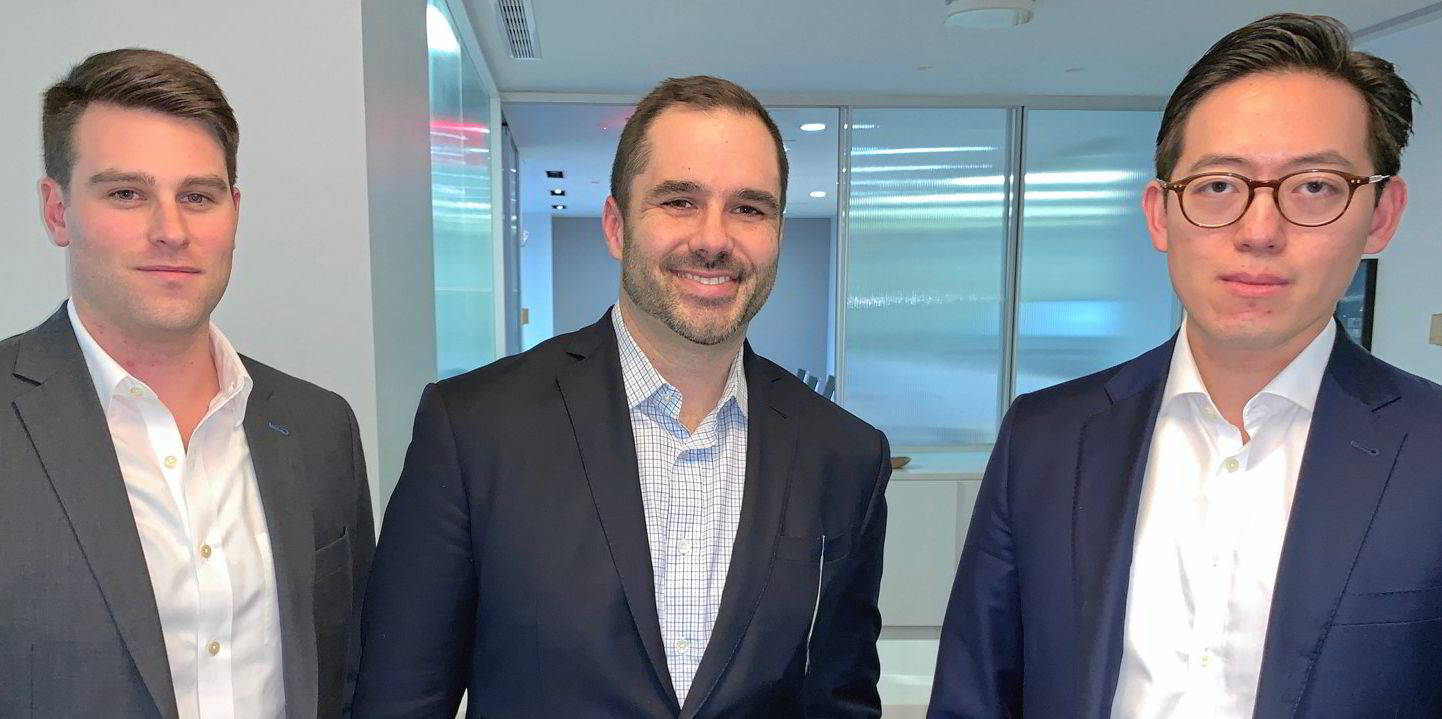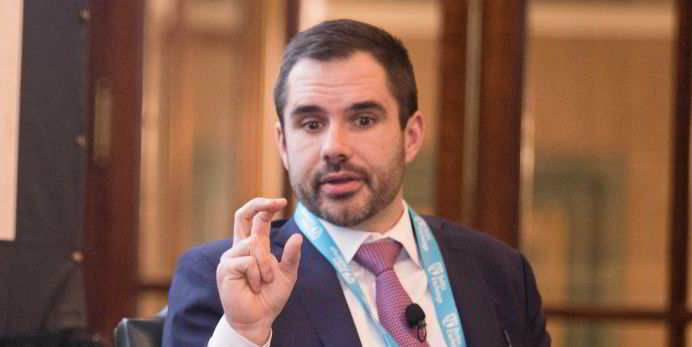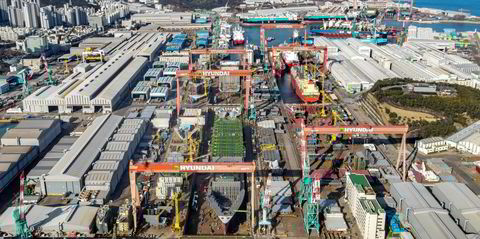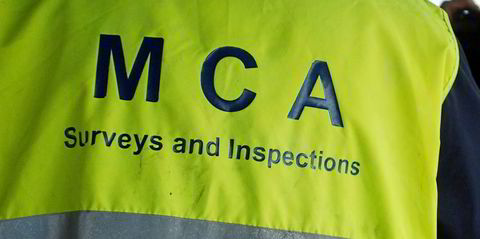Michael Webber is the man behind shipping’s best-known “ESG Scorecard”. It all started with the G in 2016, and some days he wishes he could take it back there.
That’s because Webber likes the clarity that comes with determining whether a public shipowner is doing a good job in the governance part of the environmental, social and governance equation.
He finds the other letters more slippery when it comes to judging good and bad: the “social” especially so, and even the “environmental” something that has not advanced to the point where it can be easily quantified.

“Our scorecard has evolved and ESG has taken on a life of its own, in some productive ways and some counter-productive ways,” he tells TW+.
“There shouldn’t be much debate around governance. But when we look at environmental or social, there’s a level of subjectivity around the S and the E that’s just not there with the G.
“Whether a company shows this much diversity or does this much good in the community — that’s different from saying you shouldn’t have avenues in your governance structure where you can steal from investors.”
So Webber toys with the idea of taking the E and the S away but at the same time knows that his governance scorecard has become an ESG scorecard for a reason. There’s no going back, even if it creates more ambiguity around the “binary” approach he prefers.
When Webber recalls his first scorecard at investment bank Wells Fargo Securities, he notes that concerns about the governance performance of public shipowners didn’t originate with him.
“There had been conversations around situations with a DryShips or a Tsakos, they’d set tongues wagging but then you’d never see any follow through,” he says. “There was a core group of shipping investors who said if this sector is going to be investable, there needs to be better governance.”
Webber name-checks fund managers such as Andrew Garcia and Steve Harris as pushing for more accountability, along with executives at funds like Neuberger Berman and Fidelity.

“We very much decided to pick a fight,” he says. “We felt at Wells that we had the cover to do that. I didn’t even think what we were doing was very controversial at the time.”
Webber didn’t introduce an environmental component to the tables until 2020, when for the first time he evaluated whether shipowners were reporting their carbon emissions.
The analyst wasn’t ranking the levels of emissions, just whether they were being reported: keeping it binary as he prefers.
While Webber is far from alone in finding the elements of ESG to perhaps be a forced and artificial construct, it does raise the question: are companies that do better on the governance front also likely to fare better in reporting emissions?
“It’s not always true, but there is a pretty good amount of overlap,” he says.
“The people who have the best governance tend to be the most organised in disclosing environmental data. Often these are newer companies that don’t have the legacy governance conflicts of some of the older companies, which can be very difficult to unwind once they are in place.”
Webber’s place in the green energy structure is not, in any case, limited to his influence with the ESG scorecard.
Since leaving Wells Fargo in 2019 to found Webber Research & Advisory, he and his team have established themselves as leading advisers in alternative and renewable fuels, “sitting at the nexus of energy, industrials and renewables”.
Webber furthered its expertise in 2020 by forming an alliance with engineering-focused EPC Risks of Houston.

The shop also has drawn attention for its work in putting together product tanker owner Ardmore with partners in a methanol-to-hydrogen joint venture called e1 Marine.
It turns out both sides in the venture — including Dave Edlund’s US technology company, Element 1 — had turned to Webber for guidance in seeking partners on the other side of the business.
“I always like to say Mike has the ability to see around corners,” Ardmore chief executive Anthony Gurnee told TW+ in 2021.
Although Webber acknowledges his firm’s strong position in the green game, he stresses that it comes from sound business principles, not ideology.
“It’s a fascinating space with a lot of investor interest and capital being deployed. I probably spend more than half of my time on alternative fuels and LNG.
“It seems like a natural transition. But to a large degree we tend to follow the needs of our client base. We wanted to be leaders in the transition, not the 20th guy in. But this is economically driven rather than mission-based. We’re not zealots and I don’t drive an EV.”






